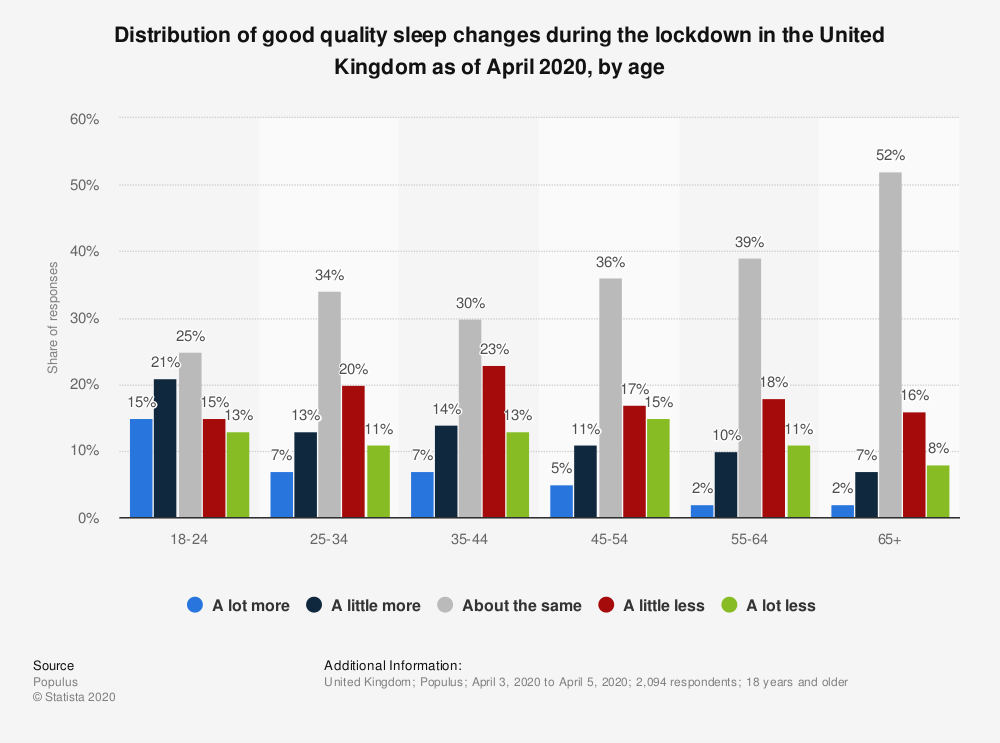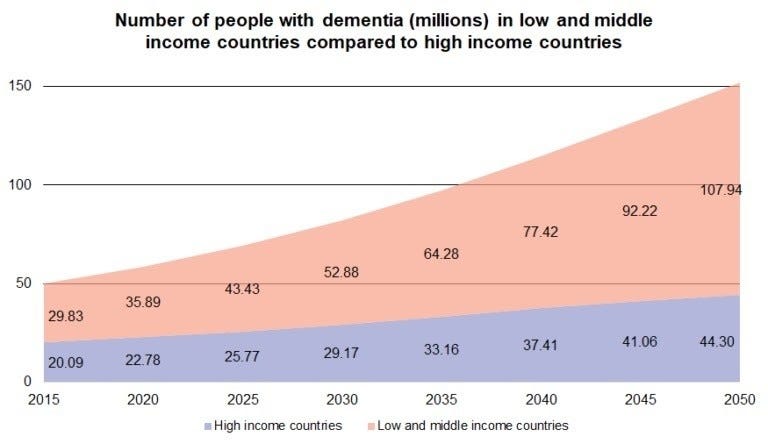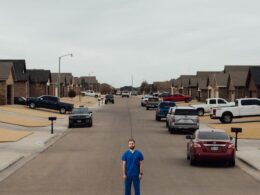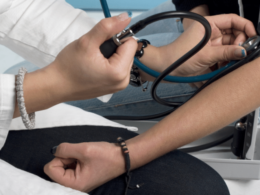Studies show that sleep depravation can have a serious impact on health.
World Economic Forum
Sean Fleming, Senior Writer, Formative Content
28 Jun 2021
Key Points
- There is a link between sleep deprivation and Alzheimer’s Disease.
- Not getting enough sleep can also compromise your immune system.
- Sleep deprivation costs the world around $818 billion a year.
- You probably need around eight hours of sleep a night — we have some tips to help.
Click here to watch the short videoWorld Economic Forum on LinkedIn: This is the best time to go to sleep. Learn more about the value
This is the best time to go to sleep. Learn more about the value of a good night’s sleep:
http://ow.ly/RVuf50HfKf9…www.linkedin.com
https://www.linkedin.com/posts/world-economic-forum_this-is-the-best-time-to-go-to-sleep-learn-activity-6878771122582667264-uXKO/
How well did you sleep last night? And how has that affected the way you feel today?
Most of us will have experienced poor sleep or even insomnia at some point and know all too well how it leaves you feeling.
What might be less well known is how much you benefit from getting enough sleep.
- Not only will you wake up feeling refreshed and ready to take on the day, your mental and physical wellbeing will get a boost.
- Sleep can help your immune system to be at its best, while not getting enough might even render your vaccinations less effective.
Writing in the BBC Science Focus magazine, Dr Matthew Walker, a professor of neuroscience and psychology at the University of California, Berkeley, says:
“There is no major health system within your body or operation within your brain, that isn’t wonderfully enhanced by sleep when you get it, or demonstrably impaired when you don’t get enough.”
During the pandemic, many people have reported finding getting a good night’s sleep harder.
A UK study in April 2020 found that 36% of respondents aged 35–44 found their sleep had been disturbed by the lockdown.

This is how sleep patterns changed during the pandemic. Image: Statista
Other consequences of sleep deprivation that Walker highlights include:
- A 24% increase in heart attacks the day following daylight savings adjustments each spring.
- A drop in male hormonal virility equivalent to ageing by a decade, even after just a few nights of inadequate sleep.
- A reduction of around 50% in antibody response when receiving a vaccination after a few days of poor sleep — which has implications for annual flu vaccines and COVID-19.
The role of poor sleep in Alzheimer’s Disease
A detailed study from Berkeley, involving Walker, identified a link between poor sleep and one of the most common forms of dementia — Alzheimer’s Disease. Worldwide, more than 50 million people are living with dementia, according to the organization Alzheimer’s Disease International (ADI).
Every 20 years, that number is likely to double, and by 2050 an estimated 152 million people across the globe will be living with this debilitating ailment.

By 2050, over 150 million people could be living with Alzheimer’s.
Image: Alzheimer’s Disease International
“The total estimated worldwide cost of dementia was $818 billion in 2015, which represents 1.09% of global GDP,” according to the ADI, which puts the present day global cost of dementia at more than $818 billion per year.
Although their report makes it clear that many questions remain unanswered, the authors of the Berkeley research report highlight a link between insomnia and other sleep disturbances and an increased risk of developing Alzheimer’s Disease:
“Sleep disruption appears to be a core component of Alzheimer’s Disease and its pathophysiology.
Can sleep deprivation harm your immunity?
A separate study from the psychology department at Carnegie Mellon University, found that:
“Poorer sleep efficiency and shorter sleep duration in the weeks preceding exposure to a rhinovirus were associated with lower resistance to illness.”
In other words, if you’re not getting enough sleep, you stand a greater chance of catching a cold.
The researchers tracked the sleep patterns of 153 healthy men and women aged 21–55 years. After 14 days, the participants were quarantined and given nasal drops containing a virus for the common cold.
Those who averaged less than seven hours sleep per night were 2.94 times more likely to develop a cold than participants with a sleep average of eight or more hours per night.
How to sleep better
The oft-repeated advice is to get eight hours’ of shuteye a night, and it’s borne out by Walker, who says most adults need between seven and nine hours of sleep each night.
But for some people that is easier said than done — parents of very young children in particular may wonder if they will ever sleep for anything approaching eight hours a night again.
There are some things most people can try to make it more likely they will fall asleep easily. And stay that way.
Names Cited:
Dr Matthew Walker, a professor of neuroscience and psychology at the University of California, Berkeley
Originally published at https://www.weforum.org












